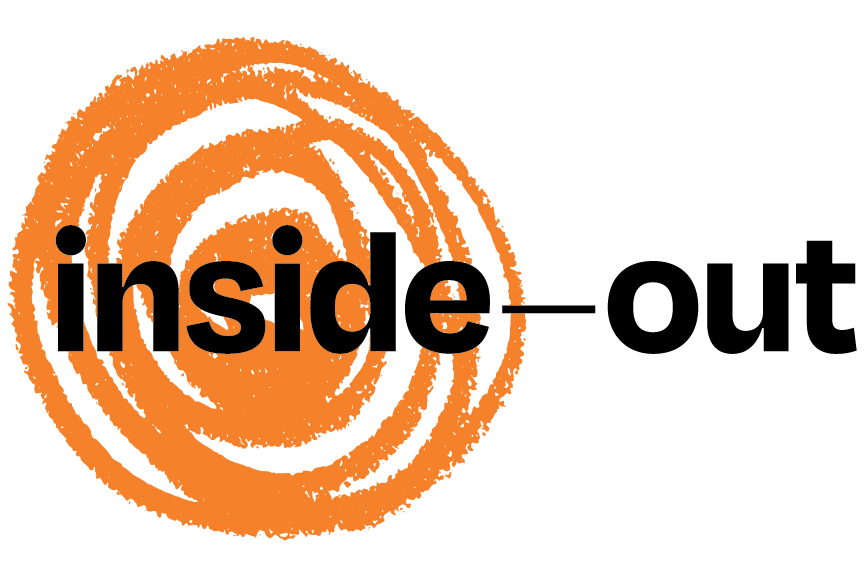Transformed Relationships through language
This week's On Being newsletter, The Pause, made me reflect.
Here's the newsletter:
The simple act of checking in with one another feels different now. What was once a cursory, even automatic, “How are you?” has often softened into, “How are you holding up?” or, “How are you doing today?” It’s as if these two extra words, appended to our usual greeting, are an invitation to be honest about how we’re feeling — to say something other than “good” or “fine.”
Writer Ocean Vuong has long noticed how we grow numb to language when it’s ubiquitous, rote, rehearsed — and what’s at stake when we stop examining the words we use. Krista spoke with him at On Air Fest in Brooklyn back in March, just days before the World Health Organization declared coronavirus a global pandemic. Even then, he said “How are you?” doesn’t go deep enough.
“What happens to our language, this great, advanced technology that we’ve had, when it starts to fail at its function and it starts to obscure, rather than open?” Vuong asks in this week’s On Being. “The great loss is that we can move through our whole lives, picking up phones and talking to our most beloveds, and yet, still not know who they are. Our ‘How are you?' has failed us. We have to find something else.”
This task — to find something else — falls on all of us. As Vuong says, we’re all “participants in the future of language” each time we speak or write: “When you’re using language, you can create it, use it to divide people and build walls, or you can turn it into something where we can see each other more clearly, as a bridge.”
Maybe this is one way of asking: How can we choose words that allow us into one another’s lives, especially in a time when language is one of our few remaining ways to connect? Vuong beckons us toward the freshness of tomorrows, just at the tips of our tongues.
I'm experiencing this dynamic in nearly every conversation. Even though we're connecting over Zoom, these days even in the business world my conversations are of a depth that was rare when we were all busily living our normal lives. It's as if there's a mostly unspoken understanding that we're all human, underneath all our efforts to grow our businesses and careers, and we're all struggling right now. And recognizing this, we speak differently. We ask the questions we’ve always asked, like How Are You?, but for real. We don’t feign interest in how someone is doing, we simply are interested, without trying.
When everything was normal it was easy to focus on only the task at hand, but our shared tragedy has made it socially acceptable, and in fact natural, to care about one another as people, even in a business context. The walls we create around ourselves, the solidity, have been shaken, and for the first time in maybe a while we can see that underneath all the achieving and crushing it, we’re all, in the end, vulnerable. Groundless. Human.
That part of all this, at least, is wonderful.
It'll be easy to reflexively reconstruct the walls when we start rebooting everything, but I don't plan to. I feel more alive and connected with others now, through Zoom, than I had IRL for a long time, and I plan to intentionally create the space for this type of connection in my business meetings moving forward (whatever the vehicle). So, don’t be surprised if I ask you how you’re doing, and I really want to know.
Another important relationship
I am thankful for this Pause (both the newsletter and the societal one) for opening up a space for us to relate more deeply with one another. But for me it also mirrors the question of how we relate to ourselves.
It's natural for me to get so caught up in today's to-do list that I relate to myself—my emotions, difficulties, needs, my humanity—as things in the way, obstacles to be managed on my way to getting wherever I’m going. It's easy and normal to relate to myself in the functional way I have for so long related to others. Hi how are you good I'm good too what is the purpose of this interaction? I might wake up tired or sad or excited, and my relationship to those realities is usually to push them aside so I can get shit done. I think I went 10 years without ever intentionally checking in with myself, never mind giving whatever the answer was space to be ok.
I wonder if, in the same way we're giving each other space to be real people, as opposed to a role serving a function, we might learn to give ourselves the same space.
As we learn about the depth of relationship possible when we just care about one another as people, and we learn how seamless it is to transform all of our relationships in this way through language, I wonder if the same might be true of our relationship with ourselves.
I wonder the impact would be, if we asked ourselves how we were doing, and meant it?
